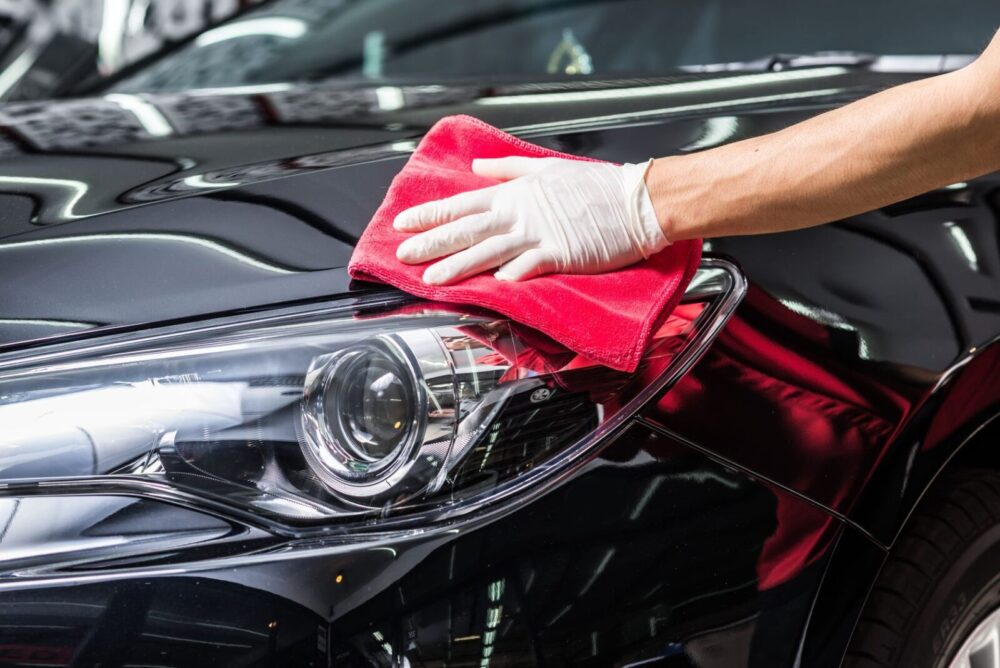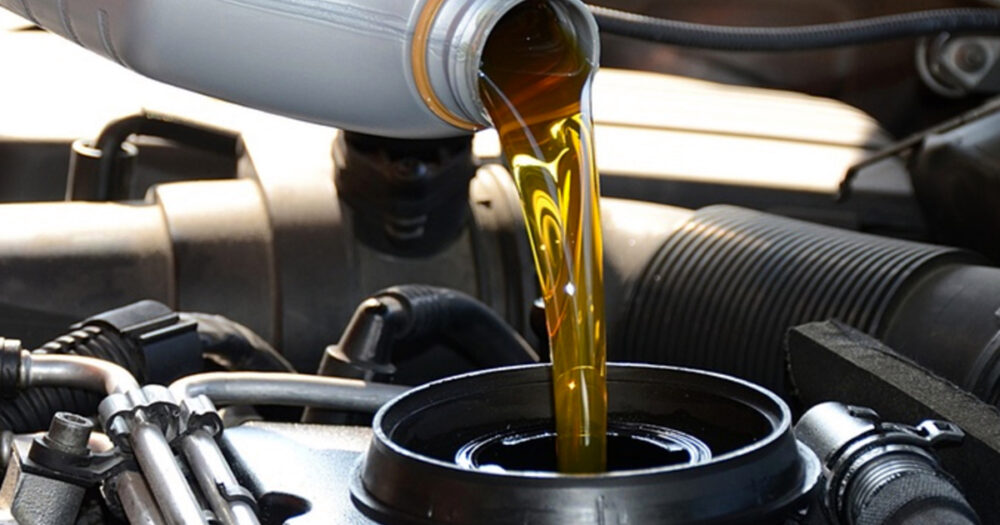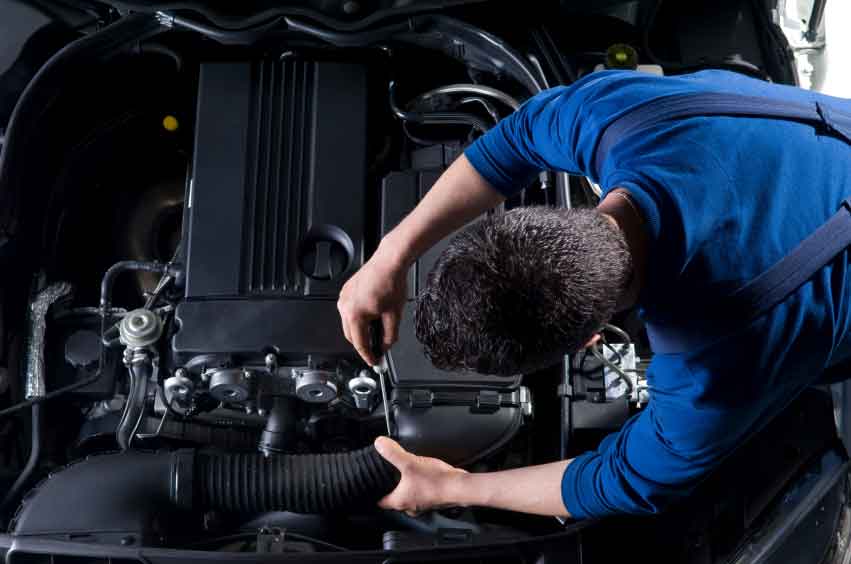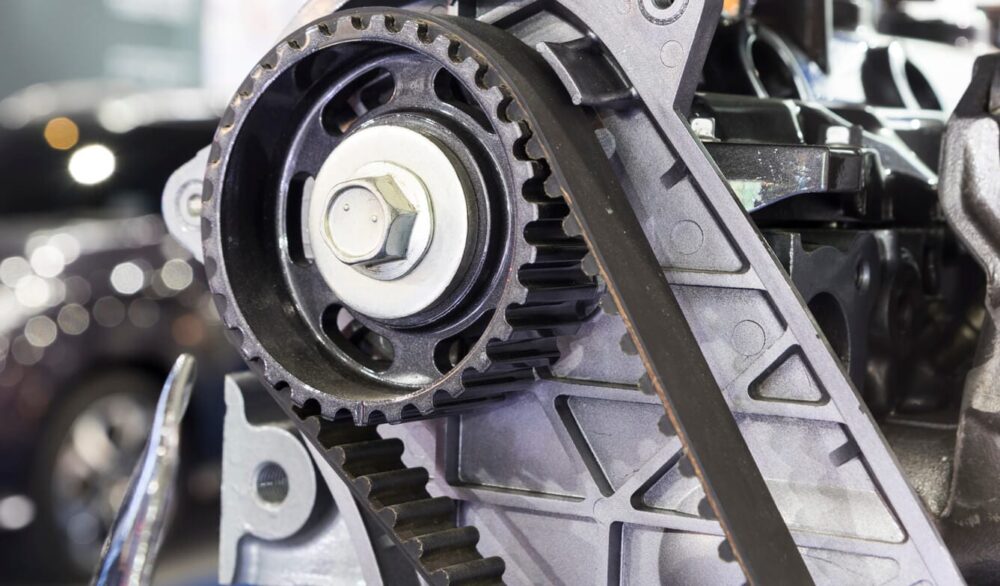Like any other machine, your car needs regular visits to the mechanic for servicing. Car maintenance does not end with a visit to the mechanic; there are various things you need to do to keep your vehicle in good condition when on the road.
Regular maintenance keeps your car running smoothly and safely down the road for a much longer distance. The owner’s manual of your car will outline all of the maintenance that needs to be done and when so that you’re prepared. Here are a few maintenance options you may want to consider every once in a while.
1. Wash and wax your car at least once a week.

Washing your car regularly will help get rid of accumulated dirt and dust, leaving you with a clean, shiny, and corrosion-free car. Don’t just concentrate on the exterior. Take time to clean the car’s interior thoroughly. Use a vacuum cleaner to get the dust and dirt particles out. Use a soft, damp cloth to wipe the lenses and dashboard. Take out all the mats, scrub and rinse them, and let them dry off completely.
With your car clean and dry, you will definitely like this next step, waxing. Waxing helps protect the car paint by slowing the rate of oxidation and also creating a barrier against dust, water, and pollution. Waxing also gives your car that extra shine.
2. Inspect and Maintain Tires.
Car tires are the most susceptible to wear and tear due to constant contact with the tarmac and off-road terrains. Tires are the thing that keeps your car driving down the road. Hence, the tires need to be inflated in a proper manner to do their job as well as lessen the chance of a blowout.
The first thing about tires is knowing the right amount of pressure you need. Getting the pressure right helps to reduce the rate of wear on the tires as well as provide good gas mileage. To check the pressure, you may refer to the manufacturer’s manual on the correct pressure, check the PSI, and inflate or deflate the tires with the right readings.
Pressure is not the only thing you need to check. Check for wear and tear on every tire to ensure they are road-worthy. A worn-out tire could easily lead to a flat tire which is a potential road hazard. To keep your tires in shape, regularly rotate your tires after every 5000 to 10,000 miles, and remember to keep an ear out for any tire recalls.
3. Change the oil.

The engine is the beating heart of your vehicle and needs proper care to serve you well. Make a routine stop at the garage to get the oil checked and changed to get the engine running smoothly. Check the engine oil at least once a month and change it as directed by the car manufacturer. This is something you can choose to do on your own or get the help of a trained mechanic. If you are a DIY kind of person, you will need to learn all the steps involved in draining the old oil, setting the correct oil level, and how best to dispose of the drained oil.
If you are not sure about the kind of oil you must use or how often you should change it, refer to the owner’s manual. Before you even start changing your car’s oil, you must check out your owner’s manual to determine exactly how much oil you will need to replace what you drain. Besides, you may need an oil filter.
There are different motor oils; you need to know which one works best for your car. When changing your engine oil, you need to consider three things, your mileage, oil viscosity, and debate whether to use synthetic or non-synthetic oil.
4. Update your car insurance.
Car maintenance does not end with regular mechanical checkups. It’s also wise to check your car insurance policy regularly. By planning like this, you can stay up to speed on the limits of your policy, the premiums you have to pay, and new policies that you can take depending on your current situation.
5. Servicing the engine.

Some vehicles require engine service after about 5000 to 10,000 miles depending on the car model. Engine service involves taking the engine apart, cleaning, and oiling the different parts. Another part of the engine that needs addressing is the air filter. The air filter needs to be cleaned or changed regularly to prevent dirt and other particles from entering the engine affecting its performance. It is recommended to check this at least once a year, clean or replace depending on its state.
A visit to the garage will also give the mechanics a chance to diagnose if the engine needs any repairs or replacements. The alternator and wheel bearings are just some of the key components checked for any damages.
6. Have your brakes checked?
When it is about maintaining vehicles, there are significant and crucial parts. Brake pads are considered the most crucial components that are believed to be normal wear items since they create the friction that helps stop your car when they are pressed against the brake disc or the brake drum that rotates with the wheel.
Your brakes can fail you when you need them the most. Hence it is best to ensure they are in the best condition regularly. Due to frequent use of brakes, your brake pads are likely to wear very fast; you need to check them regularly. When driving, you need to listen to any vibration or shudder noises from the brake pedal. Check with your mechanic as soon as possible to address your concerns.
7. Check the belts and hoses.

Your car’s belts and hoses need to be in good shape for your car to run smoothly and prevent any sudden breakdowns. An example is a serpentine belt. Any damage to this belt could lead to various system failures in your car. It is best to have them checked every time you have an oil change.



